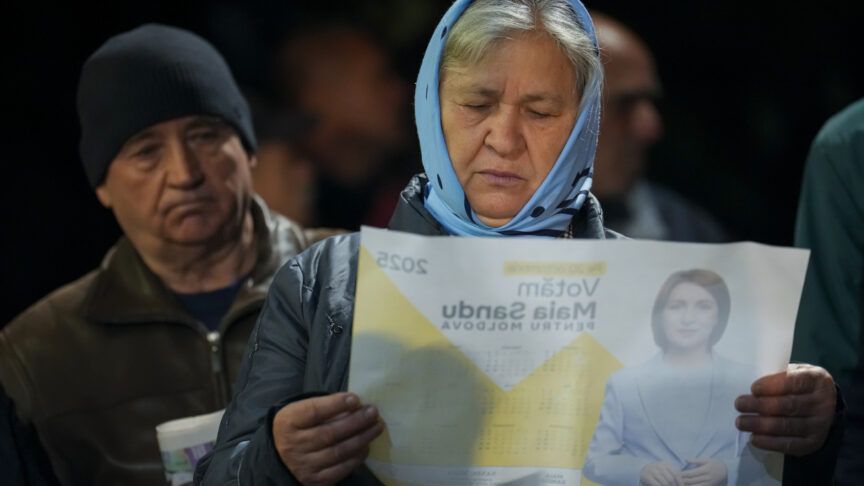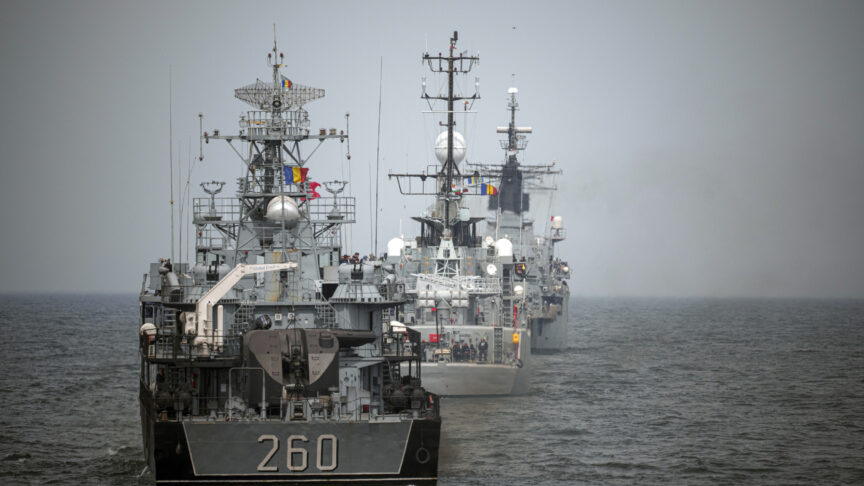EU?s failure in Georgia
The EU’s ‘Georgia report’ needs to be seen in light of the EU’s previous performance in the troubled country
In the light of the Tagliavini report, it is perhaps worth discussing in greater detail EU’s performance in Georgia’s conflicts as well. We all know that both Georgia and Russia (with South Ossetia) are responsible for escalating the game around the conflicts zones and ruthlessly rushing into a downward spiral of militarisation of the conflicts zones, particularly after Kosovo’s declaration of independence and Georgia’s perceived moves towards NATO in the first half of 2008. But EU failures are also worth discussing.
The report only refers to them en passant: “over the years there was a gradual increase in European involvement in Georgia, which may be called forthcoming in terms of economic aid, politically friendly on the bilateral side, cooperative but cautious on contentious political issues and … mostly distanced [from] sensitive security issues. A good case in point was the European reluctance to take over the Border Monitoring Mission on the Caucasus range facing Russia, after Russia had vetoed the hitherto OSCE engagement in 2004.”
Behind this carefully calibrated phrase lies the story of EU’s failure to engage in conflict-resolution. In late 2004 Russia vetoed the extension of the mandate of the 150-strong OSCE border monitoring mission in Georgia. Tbilisi invited the EU to take over the international monitoring of the Georgia-Russian border. Back in 2005 France (which later lead the peacekeeping effort in 2008) lead the ‘Nyet’ camp with the diplomatic support of Spain, Italy, Greece and partly Germany against EU involvement in the messy Caucasian affairs. As a result, instead of the requested 150 monitors, the EU only sent 3 persons as part of a so-called EU Special Representative’s Border Support Team. The team was later extended to 12 persons. This clearly was the most important EU failure to deploy conflict-prevention mechanisms in Georgia and engage in conflict-settlement.
Throughout 2007-2008 the EU also tried to beef-up the team with two police and two border-liaison officers who were supposed to develop some kind of institutionalised dialogue with Abkhazia and South Ossetia on police and border-management related issues. Internal foot-dragging by some EU member states worried that this would irritate Russia (with Greece apparently taking the lead) halted this. And then there was the August 2008 war, disrupting the process of extending the EU border support team.
In parallel, the EU spent over EUR 30 million before 2008 on post-conflict reconstruction around the conflict zones of Abkhazia and South Ossetia, but failed to have a political and security strategy vis-a-vis these conflicts. Now, for example many, if not most, of the schools built in South Ossetia on EU money lie in ruins. This is what happens when throwing money at conflict zones is not backed up by political strategies. (At a much larger scale the dilemma is the same in Afghanistan and Iraq where building infrastructure or providing electricity is of little use if you do not ensure security).
It is perhaps difficult to speculate now, but I am almost sure that if there was a strong international presence on the ground (read an EU monitoring mission) before the war, the chances of war would have been drastically reduced. And this is not benefit of hindsight. This is what many people (including in the EU institutions) said for years in the run up to the war.
In the end, the EU paid twice. Having failed to deploy 150 monitors in Georgia in 2005 in order not to irritate Russia, the EU ended up deploying close to 300 monitors in 2008 and paying close to EUR 1 billion to the international fund for post-conflict rehabilitation of Georgia. The war of 2008 became one of the worst crisis in EU-Russia relations since the end of the Cold War.
The lessons is the same any book or EU document on conflict prevention tell you – preventing is cheaper and better than managing the consequences of a conflict. The European security strategy also says that the EU “should be ready to act before a crisis occurs. Conflict prevention and threat prevention cannot start too early.” The more concrete lessons though are the following:
- “Not irritating Russia” is not a policy. Security crises in the neighbourhood such as Georgia end up worsening EU relations with both Russia and its neighbours. The EU has to do what it takes to contribute to stability in the neighbourhood, hence creating the basis for good relations with Russia and the Eastern partnership states as well. Ignoring conflicts makes matters worse for everyone. Conflicts need to be managed and prevented, and “avoiding irritation” is a poor excuse for inaction.
- It is too late to pursue conflict prevention on Georgia, but it is not too late to do that in Nagorno-Karabkh, Transnistria and Crimea. In the last two there is little danger of war, and EU’s preferred strategies of conflict-prevention through socio-economic instruments are just the right thing to do.
- On Georgia: the EU monitoring mission will have to stay engaged for the long term. International peacekeepers have been deployed in Cyprus for 35 years leaving room for wounds to heel and bona fide negotiations to be conducted.
This piece is part of Nicu Popescu’s EUObserver blog.
The European Council on Foreign Relations does not take collective positions. ECFR publications only represent the views of their individual authors.


